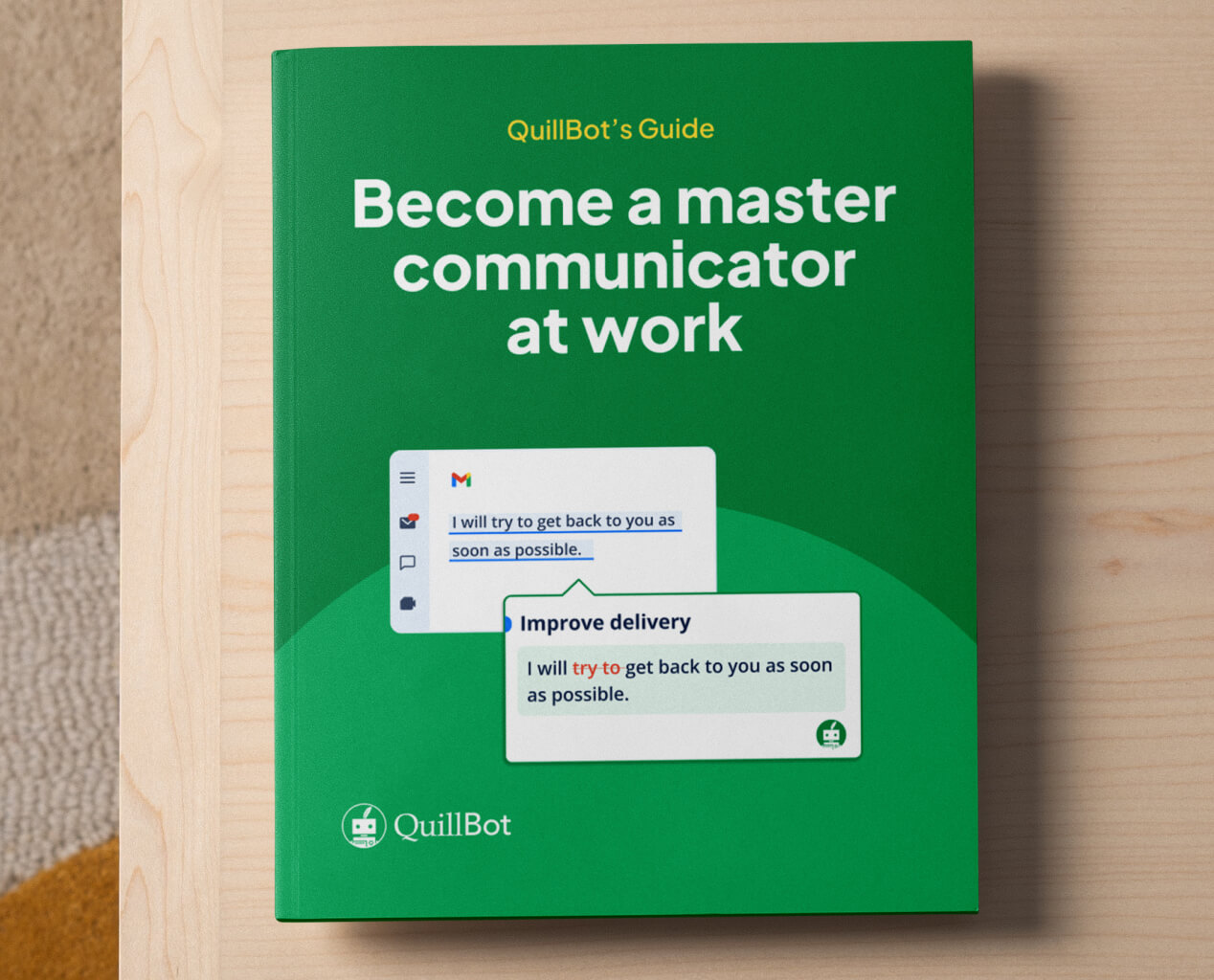Buddha Purnima 2024 was May 23 in India, Nepal, and several other countries. In others, it was a different day in April or May.
Buddha Purnima is generally celebrated on the full moon of the month Vaisakha, but exact dates vary due to country and tradition.
If you’d like to wish someone a happy Buddha Purnima this year, QuillBot’s free Paraphraser will help you find the right words for your message.
Continue reading: When was Buddha Purnima 2024?
16 de septiembre (or “16 of September”) is Mexican Independence Day.
It commemorates Father Miguel Hidalgo y Costilla’s “Grito de Dolores” (“Cry of Dolores”) speech on the night of September 15, 1810.
This speech was a call to arms that moved the Mexican people to fight an 11-year war that eventually resulted in their independence from Spain.
Use QuillBot’s free Translator if you need to translate other terms from Spanish to English.
Continue reading: What is 16 de septiembre?
Cinco de Mayo is celebrated in the United States as a celebration of Mexican culture and heritage.
In the 1960s, Cinco de Mayo became a symbol of resistance and identity for Mexican Americans during the Chicano Movement. Later, Cinco de Mayo became commercialized, especially by alcohol and food brands.
However, these celebrations first started in the 1860s to commemorate the Mexican victory at the Battle of Puebla. Cinco de Mayo means “Fifth of May,” the day that battle took place.
To translate more words between Spanish and English, use QuillBot’s free Translator.
Continue reading: Why is Cinco de Mayo celebrated in the United States?
The difference between Cinco de Mayo and Mexican Independence Day is the date and what’s commemorated.
Cinco de Mayo means “Fifth of May” and is celebrated on May 5th. It honors the Mexican victory over the French at the Battle of Puebla.
Mexican Independence Day is celebrated on September 16th and commemorates the start of Mexico’s War of Independence from Spain.
Continue reading: What is the difference between Cinco de Mayo and Mexican Independence Day?
The meaning of “cinco” is “five” in Spanish.
In English, it’s used as part of the name of the holiday Cinco de Mayo. Cinco de Mayo means “Fifth of May.”
To translate more words from Spanish to English, try QuillBot’s free Translator.
Continue reading: What’s the meaning of cinco?
The official dish of Cinco de Mayo is mole poblano. This is an ancient dish native to the state of Puebla.
Its origin ties into the meaning of Cinco de Mayo, which commemorates the Mexican victory over the French at the Battle of Puebla.
“Mole poblano” translates as “mole sauce from Puebla.” To translate more Spanish words into English, try QuillBot’s free Translator.
Continue reading: What is the official dish of Cinco de Mayo?
Happy Mother’s Day in Spanish is Feliz Día de la Madre. “Feliz” is the Spanish word for “happy,” and “Día de la Madre” is the official name of the holiday.
QuillBot Translate lets you easily translate any phrase from English to Spanish.
Continue reading: How do you say happy Mother’s Day in Spanish?
You can wish friends who are moms a Happy Mother’s Day with a quick text message. Here are some ideas for phrases you can use:
- Happy Mother’s Day to one of the best moms I know!
- Happy Mother’s Day! You’re so good at caring for everyone else. I hope you take some time to care for yourself today.
- Happy Mother’s Day! You are such a positive example of motherhood for me.
- Thinking of you today. I hope you have a wonderful Mother’s Day!
Continue reading: What should I say in a Mother’s Day message to a friend?
In a Mother’s Day card, you should let your mom know how much you love her and appreciate what she’s done for you. Here are some phrases that might be useful:
- Happy Mother’s Day to the best mom in the world!
- You’re more than just my mom; you’re my best friend.
- I hope your Mother’s Day is as wonderful as you are! Thanks for everything, Mom.
- I couldn’t ask for a better mom than you.
- Thanks for always supporting me and encouraging me. I wouldn’t be where I am today without you.
- I am so blessed to have you as my mom. Thank you for always loving me.
You might also consider writing a Mother’s Day letter to express your appreciation in a longer form.
QuillBot’s free Paraphraser can help you find the right words for your Mother’s Day message.
Continue reading: What should I write in a Mother’s Day card?
The correct spelling is Mother’s Day (with an apostrophe). The possessive noun form is required in the official name of the holiday. Also, note that Mother’s Day is always capitalized as a proper noun.
Need help proofreading your Mother’s Day message? QuillBot’s free Grammar Checker has you covered.
Continue reading: Is it Mothers Day or Mother’s Day?
